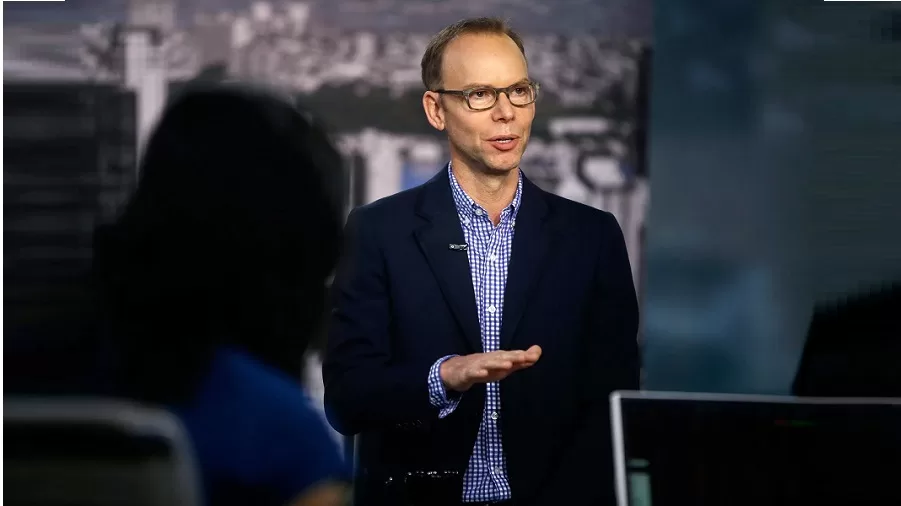Food & Beverage
From Ice Cream Shop to Billionaire: The Steve Ells Success Story

- Steve Ells founded Chipotle in 1993, transforming an abandoned ice cream shop into a fresh-food haven with a personal touch.
- He is the first burrito billionaire, now worth £1 billion, demonstrating that a passion for cuisine can lead to an empire on the Forbes Billionaires List.
It’s 1993. Steve Ells, a trained chef with high dreams, enters a former Dolly Madison ice cream shop near the University of Denver. With $85,000 borrowed from his father and inspiration from San Francisco taquerias, he converted the space into the first Chipotle Mexican Grill. What’s his major idea? Fresh, flavourful Mexican food—burritos and bowls you’ll want to eat—served quickly. Fast forward to 2025, and the tiny shop has developed into a global chain, establishing him as a billionaire worth an estimated £1 billion, according to Forbes. So, how did a chef who enjoys cooking transform a fresh tortilla into a billion-dollar empire? Let’s get into his story.
Steve was not your typical dreamer. He’d just graduated from the Culinary Institute of America and had been sharpening his knives in San Francisco, working with well-known chefs like Jeremiah Tower. It was at the city’s bustling taquerias that he got his light bulb moment. He’d see people lining up for quick burritos and think, “I could do this better.” Better meant fresher vegetables, properly raised meats and an atmosphere that didn’t scream greasy takeaway. Back in Denver, he rolled up his sleeves and went to work. The original Chipotle? It was tiny—only 800 square feet—but it was full of heart. Locals couldn’t get enough, and Steve quickly found himself counting money rather than calories.
Building Chipotle was not an easy task. By 1998, he’d scraped together a few more spaces when McDonald’s came calling with a wad of cash. Chipotle expanded from a small number of locations to over 500 by 2006. Steve was concerned with eating as well as growth. He fought hard for his “Food with Integrity” guarantee, which included free-range pork, organic beans, and beef devoid of toxic additives. It cost extra, but it made Chipotle unique. People formed lines, and fast food no longer had to be synonymous with bad food. It was a game-changer.
“Forbes estimates that Ells, who was Chipotle’s CEO until 2018 and its executive chairman until 2020, is worth $1 billion,” putting him on the list of billionaires. He ran the show for years, taking Chipotle public in 2006 with an IPO that had investors salivating—the stock doubled on the first day. By the time he passed over the CEO reins, there were more than 2,400 outlets worldwide. However, it was not all guacamole and glory. Around 2015, E. coli and norovirus outbreaks caused havoc. The headlines were nasty, and the stock fell. Steve didn’t run away; he tackled the situation head-on, fixed it, and got Chipotle back on track.
What’s crazy is how unlikely a billionaire he is. He’s neither a tech wiz or an oil baron—just a person who enjoys food and took a chance on burritos. After stepping back in 2020, his shares from years of hard work made him extremely wealthy. “Now, three decades and a fast-casual dining revolution later, he’s the first-ever Burrito billionaire.” Chipotle is now worth a fortune, and everyone from Pret to Taco Bell has been chasing the fresh and fast magic Steve pioneered.
Steve Ells’ journey from a run-down ice cream business to a global brand is one of courage and wonderful food. He didn’t just sell burritos; he created something people enjoyed. Next time you eat at Chipotle, remember him: a chef who transformed a simple notion into a billion-pound legacy, one wrap at a time.

















































